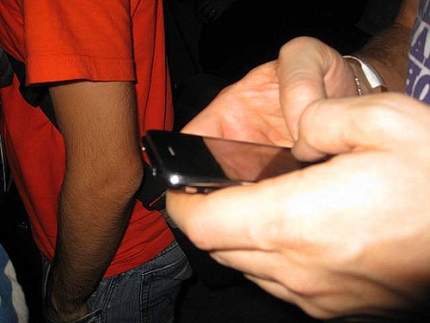No Warrant Necessary for Text Message Search
The California Supreme Court has ruled that policedo not need a warrant to search the text messages on a suspect's cell phone. In the case, law enforcement officers arrested Gregory Diaz on suspicion of purchasing Ecstasy. Once Diaz was in custody, officers seized his cell phone.
Diaz denied any involvement in the drug transaction. After interviewing Diaz, the officers noticed that Diaz had a text message with a code that indicated that he was selling the drug. When confronted with the text message evidence, Diaz confessed.
However, Diaz later recanted and pleaded not guilty. His attorneys moved to suppress the text message evidence, arguing that police needed a warrant to search the cell phone and that officers violated Diaz's Fourth Amendment rights when it accessed the message.
The California Supreme Court ruled that police did not need a warrant to access the messages. The court determined that the cell phone was an item of personal property and that Diaz had that property in his possession when he was arrested. Police do not need a warrant to confiscate personal property carried by a suspect at the time of arrest. The court ruled that the nature of the item being confiscated is not relevant.
(For more on text messages and the expectation of privacy, read "Supreme Court Rules Against Officers in Privacy Case.")
Judge Kathryn Werdegar issued a dissenting opinion in case, arguing that current law should be reevaluated because it does not take the nature of electronic devices into consideration. In her opinion, Werdegar noted that “the potential impairment to privacy if arrestees’ mobile phones and handheld computers are treated like clothing or cigarette packages, fully searchable without probably cause or a warrant, is correspondingly great.”People v Diaz.pdf
